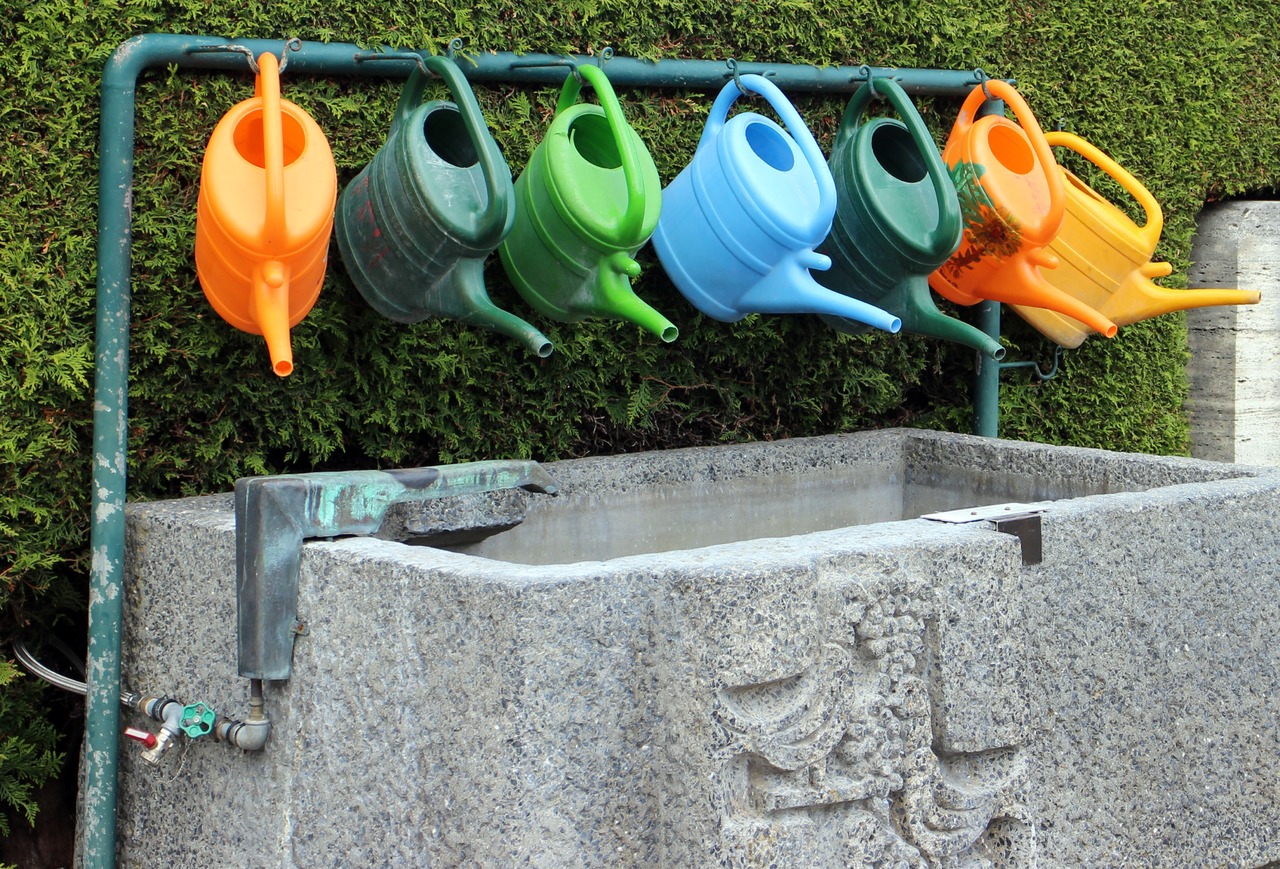The Young Academy wants to know how scientists themselves would allocate EUR 900 million in research funding. Fill in the online survey now and make yourself heard.
How to divide scarce resource in the most fair and productive way? (Photo: pxhere)
The animated film outlines the problem as seen by the Young Academy: do you want a system in which researchers have to compete for scarce resources or should universities receive more money for research?
Go to the survey.
Participants are first asked some questions such as When do you consider yourself a successful scientist and why do you work in science and Have you ever applied for a grant yourself, or have you reviewed applications?
But the most important thing comes after that. The scientists step ‘into the shoes of the policy-makers’ and distribute EUR 900 million themselves. A simplified model calculates the consequences.
Eleven options
Participants are given 11 options for spending the money. Using sliders, they can determine how many millions they want to allocate. These options include personal grants, thematic research, permanent jobs for young researchers and rolling grants for researchers who are higher up the career ladder.
To give an example, EUR 350 million in personal grants or rolling grants also gives you 3,500 PhD students. If you spend the same amount of money on grants for recent PhDs, science dedicates 1,750 FTEs every year to writing research proposals (1 FTE stands for the number of hours in one full-time job).
Potential
After submitting your own distribution, a new series of questions follows, including questions on the influence of all kinds of institutions and colleagues on your ‘scientific potential’. The Young Academy also wants to know how you see applying for research funding: is the review fair or is it a lottery, and do you spend a lot of time on it?
The Young Academy compiled the survey with Populytics, a TU Delft-based start-up. The company, whose founder and Scientific Director is Niek Mouter (TPM), previously carried out online surveys on corona policies, climate measures and sustainable energy generation.
The Young Academy will use the results to determine the values that different groups of scientists share, and how these values can be translated into policy. University boards, financiers and politicians can look forward to a summary.
HOP, Bas Belleman | Delta, Jos Wassink
Do you have a question or comment about this article?
redactie@hogeronderwijspersbureau.nl


Comments are closed.